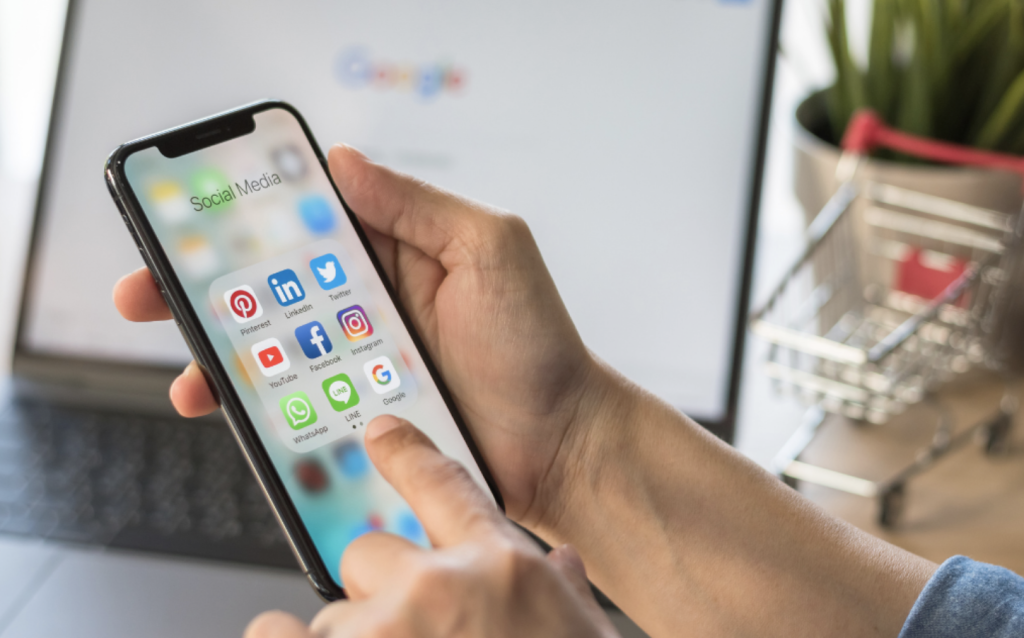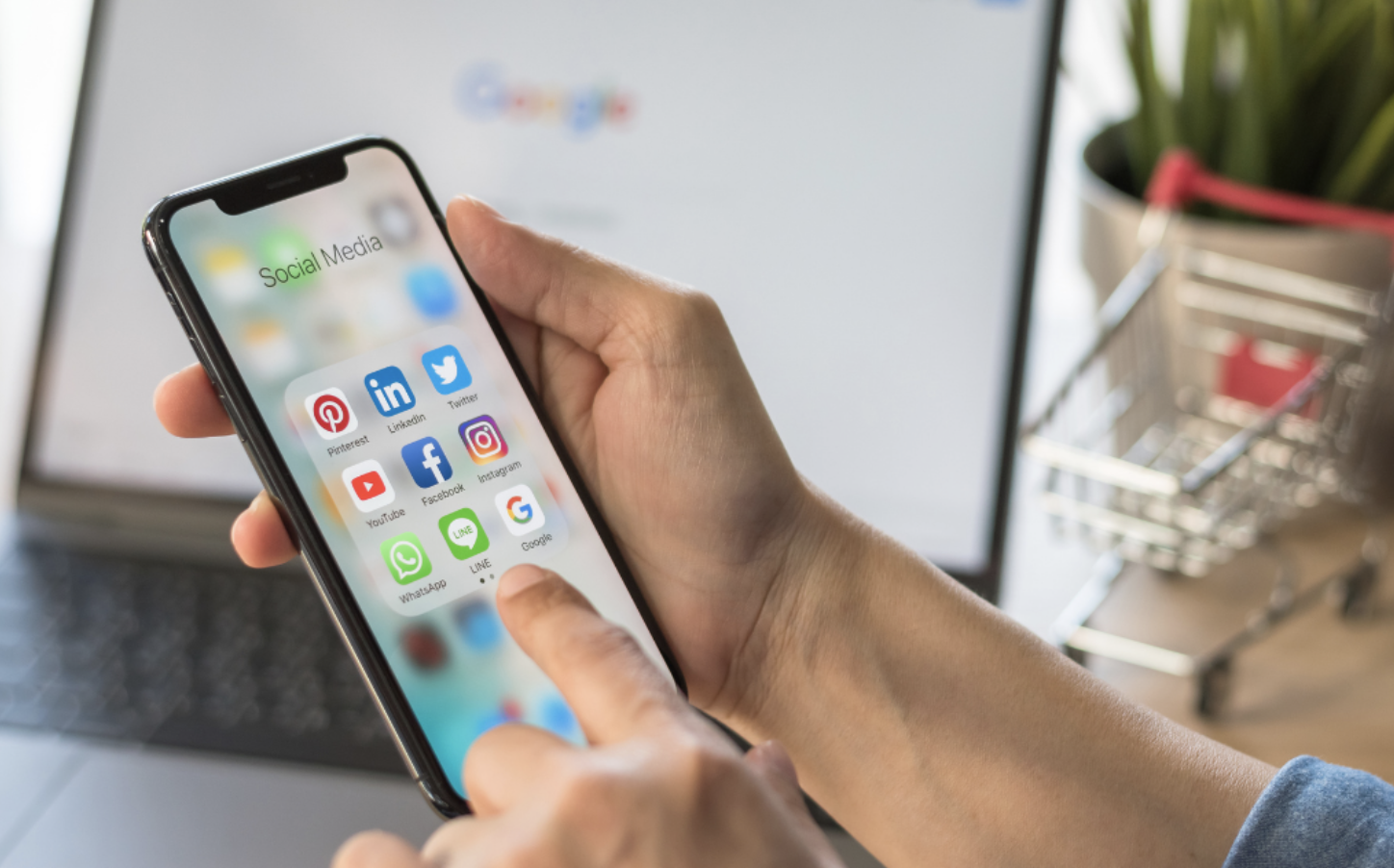In an era where potential dates and relationships are as accessible as a swipe or click, it seems that romantic connection should be easier than ever. However, for many, the promise of unlimited choice has done more harm than good, leading to missed connections, dissatisfaction, and even the breakdown of relationships that might otherwise have thrived. This “illusion of infinite choice” is an idea perpetuated by media and social media, where dating apps, romantic comedies, and relationship advice columns make it seem as though there’s always someone else out there—someone better, someone perfect. But beneath this illusion lies a disquieting reality: the notion of endless options may be keeping us from truly investing in the people right in front of us.

Social media, in particular, feeds into this illusion by creating a carefully curated parade of idealized lives and seemingly perfect relationships. Platforms like Instagram and TikTok are flooded with images of happy couples, dazzling dates, and relationship advice that can make anyone’s current relationship feel lackluster by comparison. We scroll through photo after photo of beautiful, successful people with seemingly effortless chemistry, creating the impression that such a partnership is just a swipe away. For a single person, this illusion is particularly powerful. Dating apps present a near-limitless catalog of options, with the implication that with just a little more searching, one can find “the one”—that elusive partner who checks every box.
Illusion of choice heavily influenced by social media. People think the illusion of choice only affects people in choosing a partner but that’s wrong. The illusion of choice affects courtship and even marriage. People feel at a subconscious level that there is always better out… https://t.co/MTMnDx1De5
— Demi Irawo (@demi_irawo) September 27, 2023
But the more we buy into this illusion, the more elusive true satisfaction becomes. The paradox of choice, a concept popularized by psychologist Barry Schwartz, explains this phenomenon well: when faced with too many options, people tend to feel more anxious and less satisfied with their choices. In dating, this manifests as an unwillingness to commit fully, as there’s always the nagging thought that someone better might be out there. The illusion of infinite choice encourages people to compare their partner to an imagined “ideal” or to potential matches on social media, leading to unrealistic standards and inevitable disappointment.
The effect on actual relationships can be devastating. When people believe they have an endless array of options, they may be less willing to work through issues, invest time, or show vulnerability. Why put in the effort to resolve an argument or deepen a connection when a scroll through Instagram or another round on Tinder presents countless alternatives? This mindset fosters a lack of accountability and leads to “relationship hopping,” where people jump from one partner to another, hoping the next will be the perfect match without facing the hard truths about compatibility, compromise, and personal growth.
In turn, media plays a role by glamorizing quick romantic “wins” and the idea of instant chemistry. Romantic comedies and reality shows like The Bachelor and Love and Hip Hop portray love as something that should feel magical and easy right from the start. This narrative makes people think that any real, lasting connection must be accompanied by a spark or intense passion, and if it’s not, then something must be wrong. Such portrayals can make the natural ebbs and flows of a relationship feel like red flags, prompting people to end things prematurely in search of a mythical, more “perfect” relationship. These shows also glorify casual sexual encounters ranging the gamut of sexual combinations.
Ultimately, this illusion of infinite choice distances us from what truly fosters meaningful connection: effort, patience, and a willingness to embrace imperfections. Real relationships require accepting that no one is flawless and that true intimacy often grows over time and through shared challenges. When we constantly search for something better, we miss the beauty of what’s already there, sabotaging potentially rewarding relationships in favor of fleeting promises of perfection.
So how do we navigate a dating world saturated with the illusion of choice? It begins with adjusting our expectations, reminding ourselves that media and social media rarely show the full picture of relationships, especially the effort, patience, and growth involved. It means embracing the people in our lives as they are, rather than as we wish them to be, and recognizing that relationships, like anything worthwhile, require investment. By stepping away from the fantasy of infinite choice, we stand a much better chance of finding—and keeping—genuine connections.
